Delta Air Lines says its foray into using artificial intelligence (AI) to set flight prices isn't using personal data in order to charge customers different fares. But the startup Delta is entrusting to set 20% of its fares by the end of the year has previously bragged about the potential of using AI for “hyper-personalization that drives revenue growth” … before scrubbing that from its website sometime earlier this month.
In an archived version of a blog advertising its services entitled “Dynamic Pricing in Aviation: How AI is Revolutionizing Airline Revenue Management,” the Israeli AI startup Fetcherr dedicated an entire section to what it called “Hyper-Personalization at Scale” in airfare and “finding the optimal price for each customer.”
“Remember when offering different prices for business and leisure travelers was the cutting edge? The future of dynamic pricing goes far beyond that,” the company wrote. “Factors like customer lifetime value, past purchase behaviors, and the real-time context of each booking inquiry all contribute to creating a truly personalized offer.”
“We're talking about understanding each customer as an individual, optimizing every interaction for maximum value,” the company said.
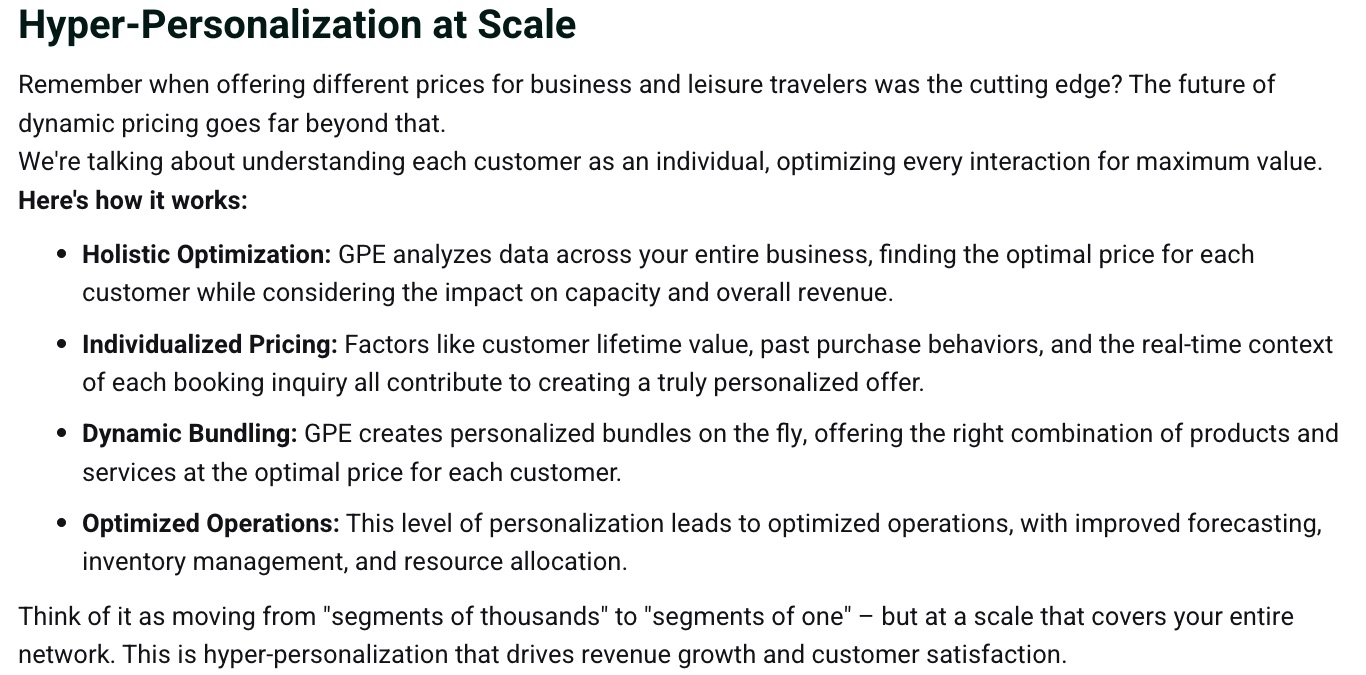
Thrifty Traveler can confirm that story was offline over the weekend – a sign it had been intentionally deleted – before it was republished Tuesday, July 22. A before-and-after comparison of the two versions shows the company made exactly four changes: Updating the publish date, correcting one spelling error, adding a missing parenthesis, … and removing the entire section of the story devoted to personalized airfare.
It's unclear exactly when the original story was pulled down before being republished – the last record of it being online is July 1, though it could have been deleted days or even weeks later. Delta, Fetcherr, and AI-driven flight prices started making headlines earlier this month after the airline's president, Glen Hauenstein, told investors that the company was now using AI to set 3% of its domestic airfare rates, setting off concerns about the potential for using personal data to charge some customers higher fares.
In a statement, Delta denied that it's currently using any personal information to set prices – or that it ever plans to.
“There is no fare product Delta has ever used, is testing, or plans to use that targets customers with individualized offers based on personal information or otherwise,” an airline spokesperson said. “A variety of market forces drive the dynamic pricing model that’s been used in the global industry for decades, with new tech simply streamlining this process. Delta always complies with regulations around pricing and disclosures.”
But Fetcherr isn't the only company that envisions a future where airfare changes from person to person. Delta has said so itself.
“What we're really trying to do is to get inside the mind of our consumer and present them relevant, something that's relevant to them at the right time with the right price,” Hauenstein said last fall during the airline's annual investor day presentation, pointing to AI and Fetcherr as a critical component of eventually making that a reality. “We will have a price that's available on that flight, on that time to you, the individual.”
That's not what's happening right now. Hauenstein said it's currently using Fetcherr's technology as a “super analyst,” replacing the work of manpower and algorithms with AI to tweak prices on demand, booking patterns, and more.
“We like what we see. We like it a lot, and we’re continuing to roll it out,” Hauenstein said.
But make no mistake: The entire airline industry is pushing to offer some form of personalized airfare. The technology just isn't there yet – airlines across the globe and industry groups have been working for more than a decade to modernize the surprisingly antiquated systems that set and sell airfare.
While it often feels mystifying (and frustrating), airfare pricing has used the same basic system for decades. Every time you search for a flight, the airline puts you into one of 20-plus pricing buckets — each with its own rules and price. Throughout the day, prices shift as airlines adjust fares within those classes, all while consumer demand ebbs and flows.
The goal is to transition to a new, modern framework that replaces those fare buckets with fully fledged dynamic pricing – and new distribution systems to share those fares directly with third-party sites from Google Flights to Expedia. Combined with gobs of data on their customers and the power of AI to analyze it all, airlines would have everything they need to begin tailoring fare bundles and even pricing from person to person.
Bottom Line
Delta swears it's not using AI to personalize fare pricing. But take it from the AI startup that the airline is working with: That's the goal.
Fetcherr itself stressed the goal of “hyper-personalization” in airfare until sometime this month, when the AI company scrubbed those references from its website.


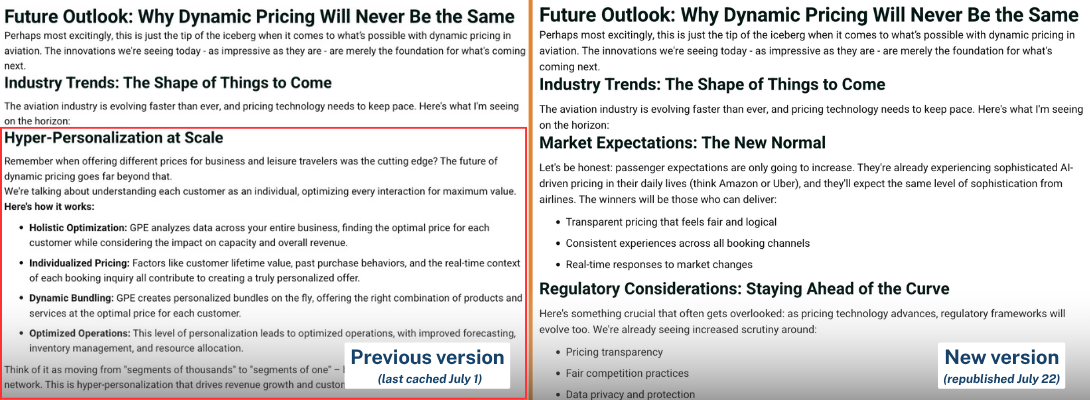
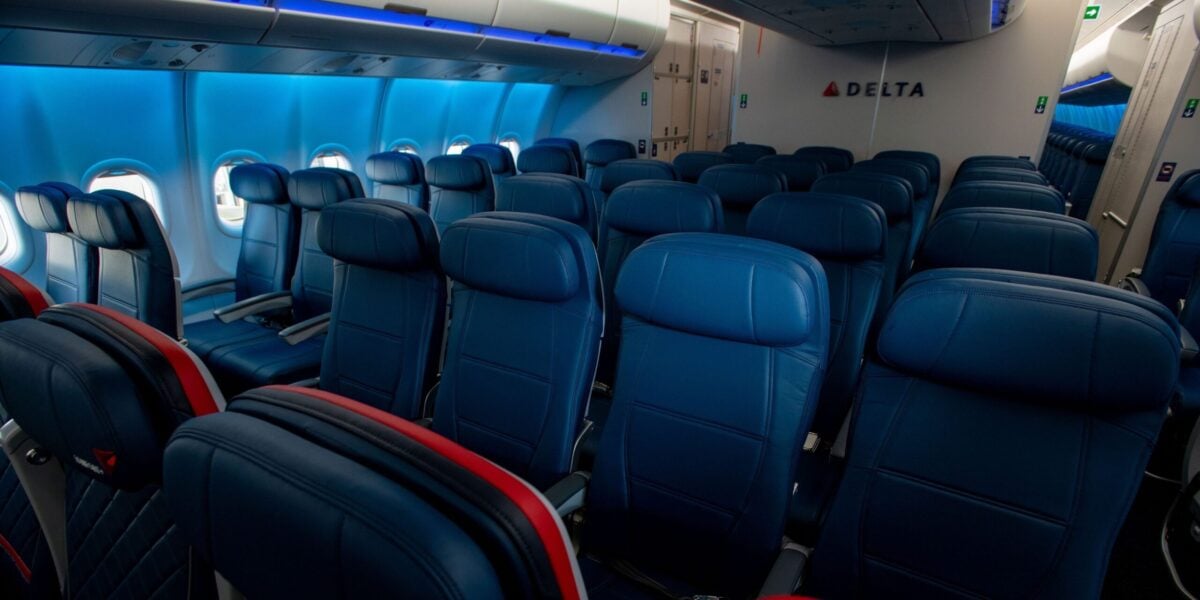

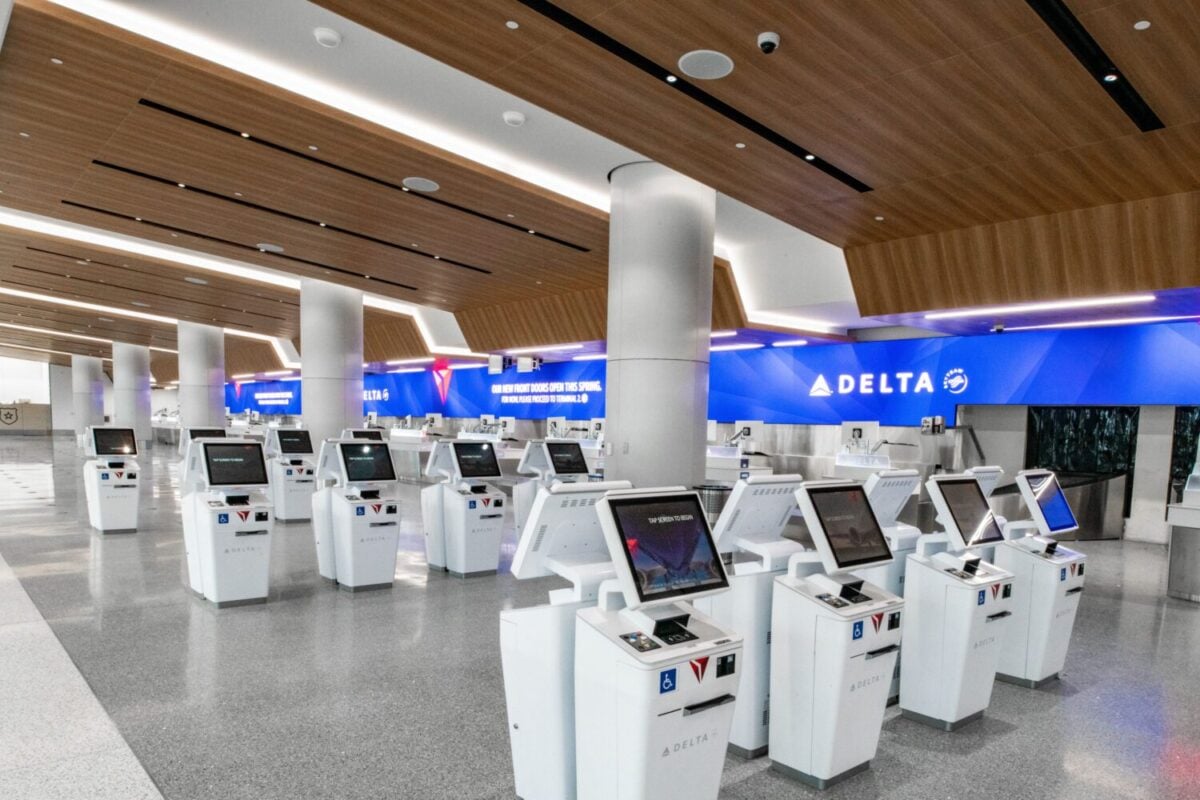
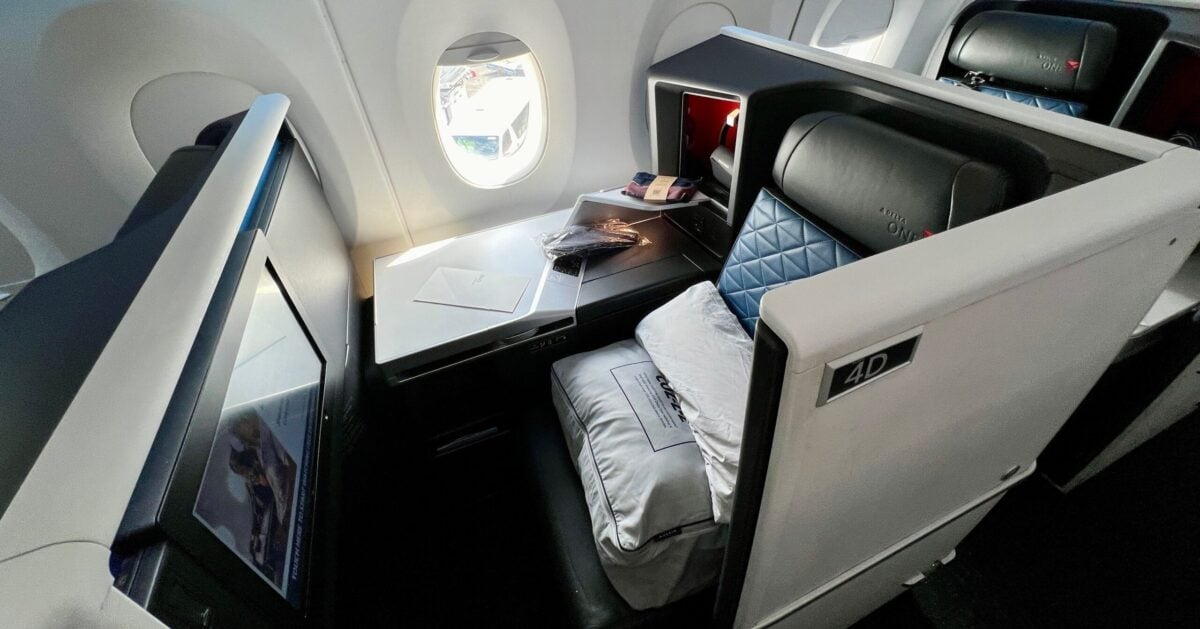
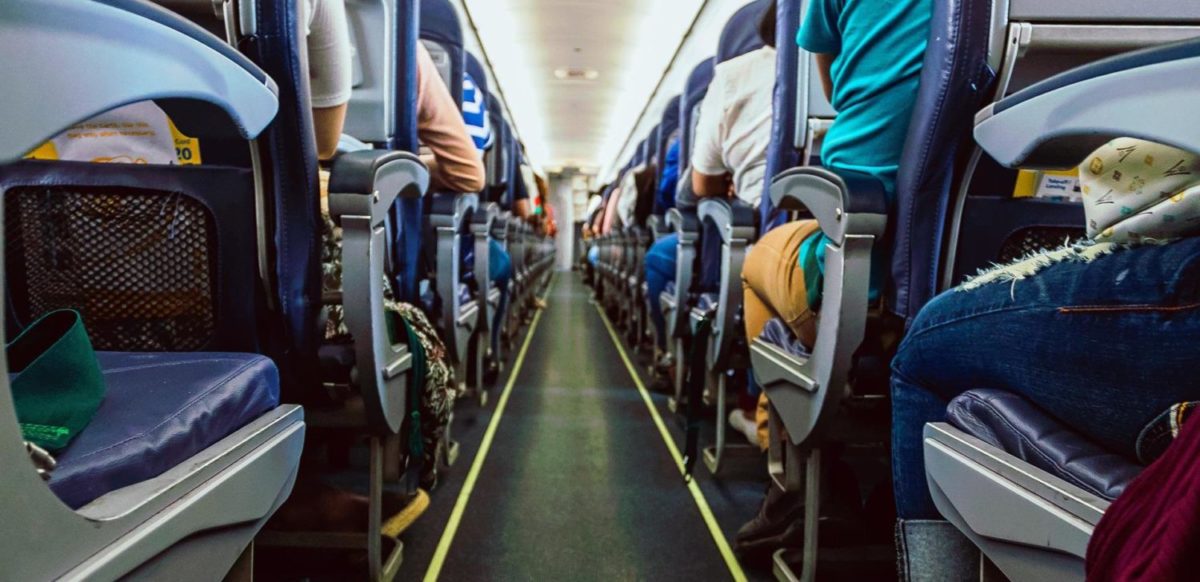
Was that blog about airfare or pricing something else? The way airfare is published in GDS systems there is no technical way to offer personalized prices